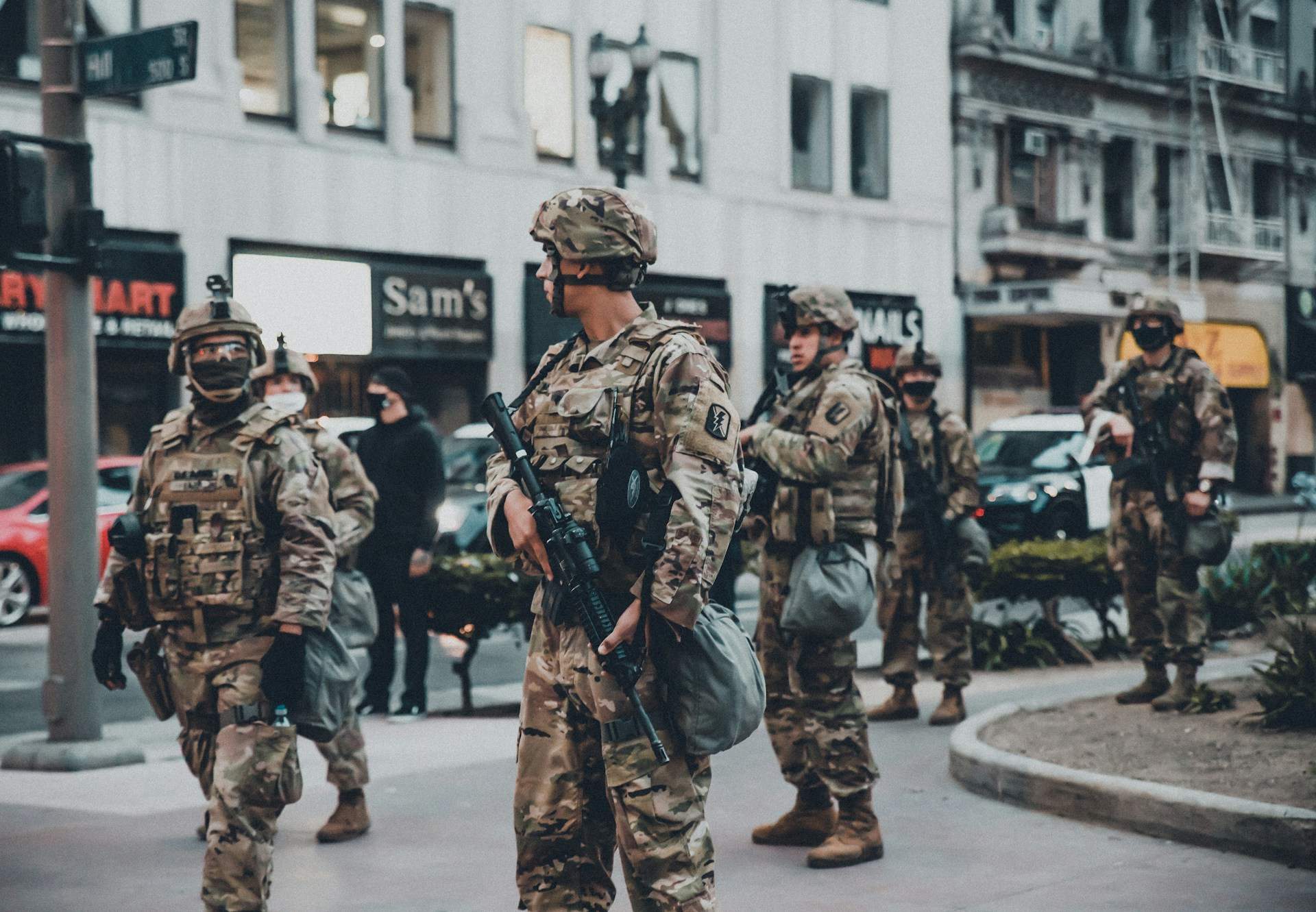A high-profile trial in San Francisco is testing the legal boundaries of presidential authority after the Trump administration deployed roughly 700 Marines and 4,000 National Guard troops to Los Angeles during June’s immigration-related protests. The deployment went ahead despite intelligence assessments indicating minimal risk to federal agents and property, an apparent contradiction that now sits at the heart of California’s challenge to the federal government’s actions.
At issue is whether this intervention violated the Posse Comitatus Act, a 19th-century statute prohibiting the use of the U.S. military for domestic law enforcement except in narrowly defined circumstances. Testifying before U.S. District Judge Charles Breyer, Army Major General Scott Sherman confirmed he approved the deployment despite low-risk evaluations, and disclosed that a Department of Homeland Security official had questioned his patriotism when he initially refused assistance. The exchange underscored the internal tensions between operational assessments and political imperatives.
California’s Attorney General, Rob Bonta, characterised the operation as political theatre designed to intimidate the public, arguing that federal forces were used not for protection but for visual impact. While most personnel have since been withdrawn, approximately 300 National Guard troops remain involved in immigration enforcement activities. The state contends this continued presence further undermines its sovereignty and illustrates the broader overreach of federal authority.
Federal lawyers maintain that the troops were deployed solely to safeguard federal facilities and personnel, functions they argue fall within permissible statutory exceptions. They warn that a ruling against the government could hinder its ability to act swiftly in future civil disturbances, potentially leaving critical infrastructure exposed during moments of unrest.
The case carries significant implications for the balance of power between state and federal authority, as well as for future interpretations of the Posse Comitatus Act. If the court sides with California, the decision could set a precedent narrowing the scope of executive action in domestic security matters, reshaping the legal and political landscape for how the military is used within U.S. borders.


